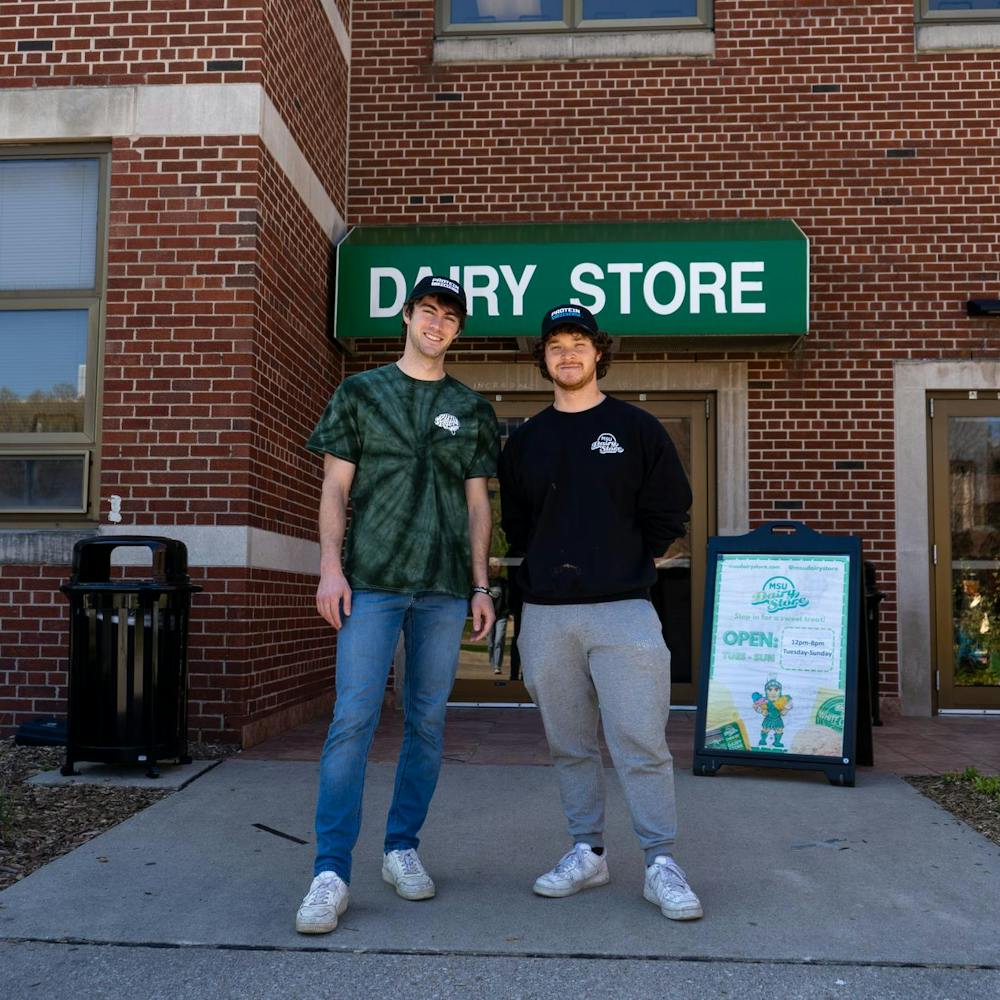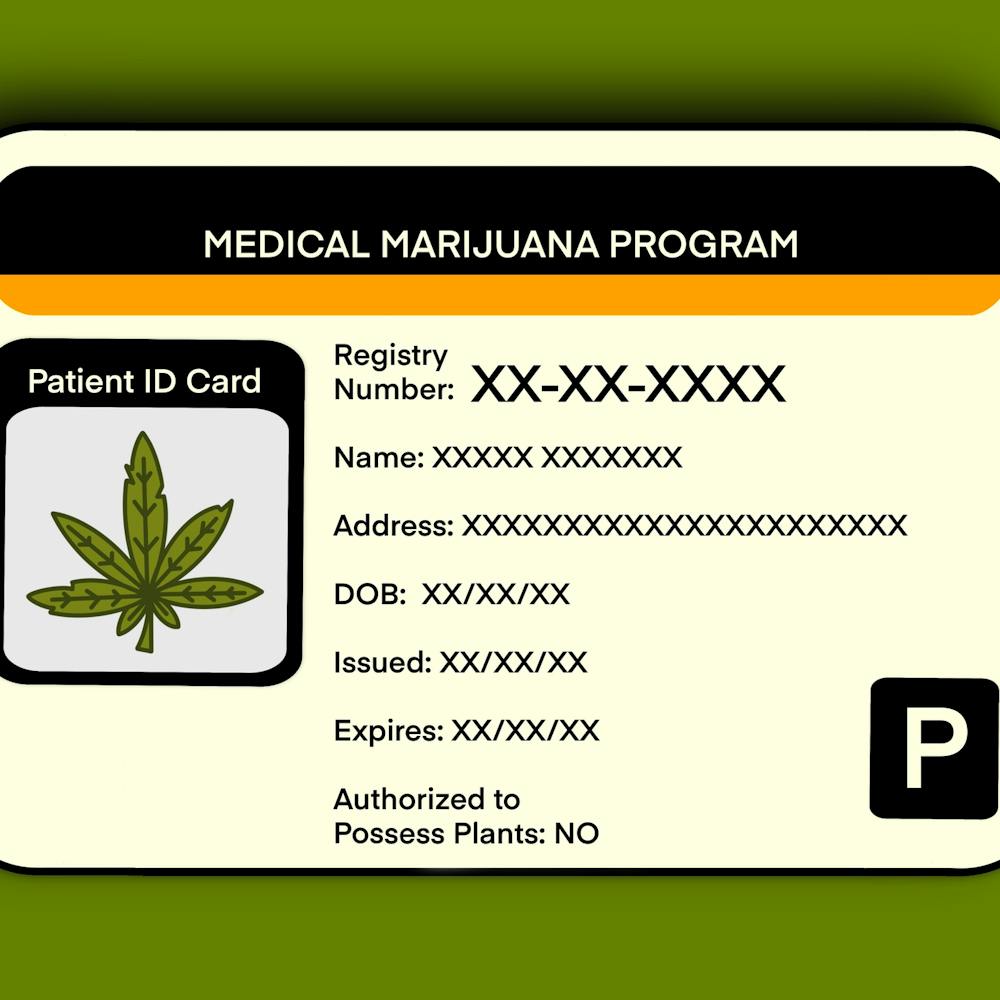Heather said she felt powerless after she was raped by a house intruder when she was 14 in 1985.
After the assault, Heather, a Lansing resident, said she would have been more comfortable with a female doctor.
“At 14, I had a big, burly man doing my examination,” she said. “It was painful and he didn’t explain anything.”
Gaylene Barnum, a nurse at Olin Health Center said in busy emergency rooms, survivors of sexual assault may be overlooked.
“It’s a busy, congested and scary environment to be in as a victim,” Barnum said. “It’s hard for doctors to give the proper time and attention to a victim of sexual assault when there is someone with a chest wound next door. But these victims need the special attention.”
Sexual Assault Nurse Examiners programs train nurses to ensure evidence is collected by specifically trained nurses.
The forensic nurses collect evidence and perform physical examinations. The nurses also provide evaluations and prevention for sexually transmitted diseases and pregnancy.
The nursing programs are run by hospitals, rape crisis centers and other organizations with public or private money and vary by state.
Barnum said since she was certified with the program hosted by Lansing’s Sparrow Hospital in 1997, she is more aware of victims’ needs.
“It’s made me more comfortable talking to the patient,” she said.
Valerie Sievers, a forensic clinical specialist and the coordinator of the program in Colorado said more hospitals need to have staff trained to collect forensic evidence.
“It’s pretty unfortunate for the victim because if a resident isn’t trained they’ll pick up the kit and read the directions like they’re cooking,” Sievers said. “It’s real beneficial to have one person take care of a sexual assault survivor than have people pop in and out of the room and invade their privacy.”
Lansing resident Nicole, a survivor, said she didn’t go to the hospital after she was raped.
“I was embarrassed,” she said. “The ER is so busy and you feel like everybody knows.”
Nicole said she went to the family doctor a week later and regrets never having a rape kit done.
Rape kits should be collected within 72 hours of an assault for maximum accuracy. After 72 hours DNA is lost and genital injuries are one of the only forms of forensic evidence, Sievers said.
Program nurses collect DNA, blood samples, semen, swabs of oral, vaginal and anal samples and hair by combing and pulling strands from the head and pubic regions.
Survivors can obtain prophylactics - preventive medication for sexually transmitted diseases - and the morning after pill, an emergency contraceptive.
Each state has different kits and standards for collecting evidence, said Bonnie Bucqueroux, coordinator of the School of Journalism’s Victims in the Media Program.
But Bucqueroux said a national standard for evidence collection is needed.
“There are no regional differences in the crime so there is no reason to have different kits and methods of evidence collection,” she said.



